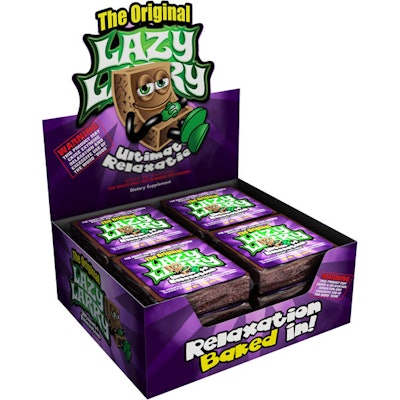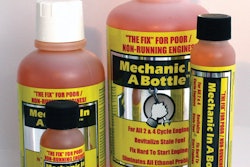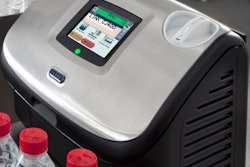
It wasn’t too long ago that medicines were medicines, foods were foods, and beverages were beverages. But as companies began to market their products to more health-conscious consumers, the distinctions blurred, and categories such as nutraceuticals, cosmeceuticals, and medical and/or functional foods and beverages developed.
Product development is continual, and there appears to be solid growth potential in the area of combination products, which today are limited within the U.S. Food and Drug Administration’s focus on combinations of drugs, medical devices, and biologics.
At the May 26 Healthcare Packaging Conference & Workshops, presenter Michael Drues of Vascular Sciences argued that products such as bandages with antibiotics, or toothpaste with fluoride could also be considered combination products. He suggested that nutraceuticals/nutritional supplements might provide health benefits if added to an existing over-the-counter medication.
Exciting as these products are, or will be in terms of their potential therapeutic benefits, manufacturers need to carefully craft the words printed on their packaging or package labels. A recent example is HBB, LLC, makers of Lazy Larry, which was sent a Warning Letter by the FDA in late July.
“Your ‘Lazy Larry’ product is adulterated under section 402(a)(2)(C) of the Federal Food, Drug, and Cosmetic Act…because it bears or contains an unsafe food additive,” noted the Warning Letter. The problem: The product—brownies—contain melatonin, “which is a neurohormone and is an unapproved food additive,” said the agency under the Code of Federal Regulations (21 CFR).
The Warning Letter continued, “Your ‘Lazy Larry’ product is represented for use as a conventional food, and accordingly is not a dietary supplement, as defined under Section 201(ff) of the FDCA [21 U.S.C. § 321(ff)]. The FDCA excludes from the definition of a dietary supplement a product represented for use as a conventional food or as a sole item of a meal or the diet [21 U.S.C. § 321(ff)(2)(B)]. Your use of the term ‘dietary supplement’ in the statement of identity and your use of a ‘Supplement Facts’ panel for nutrition labeling do not make your product a dietary supplement, because your ‘Lazy Larry’ product is represented for use as a conventional food.”
HBB, LLC’s CEO Terry Harris responded as follows: “HBB, LLC., makers of Lazy Larry, is in receipt of a letter from the Food and Drug Administration dated July 28, 2011. We are taking immediate steps to address the concerns expressed in the letter--all of which stem from the way the product is packaged, labeled, and marketed. To be clear, there has never been any suggestion by anyone that the product itself is unsafe in any way. We look forward to continuing to work closely with the FDA to immediately remedy these concerns, and to ensure compliance with FDA’s dietary supplement regulations.”
Editor’s Note: Read more on FDA Warning Letters here, or visit Eric F. Greenberg PC, a law firm practicing food and drug law, packaging law, and commercial litigation. Greenberg serves as legal columnist for Packaging World and Healthcare Packaging magazines.
























